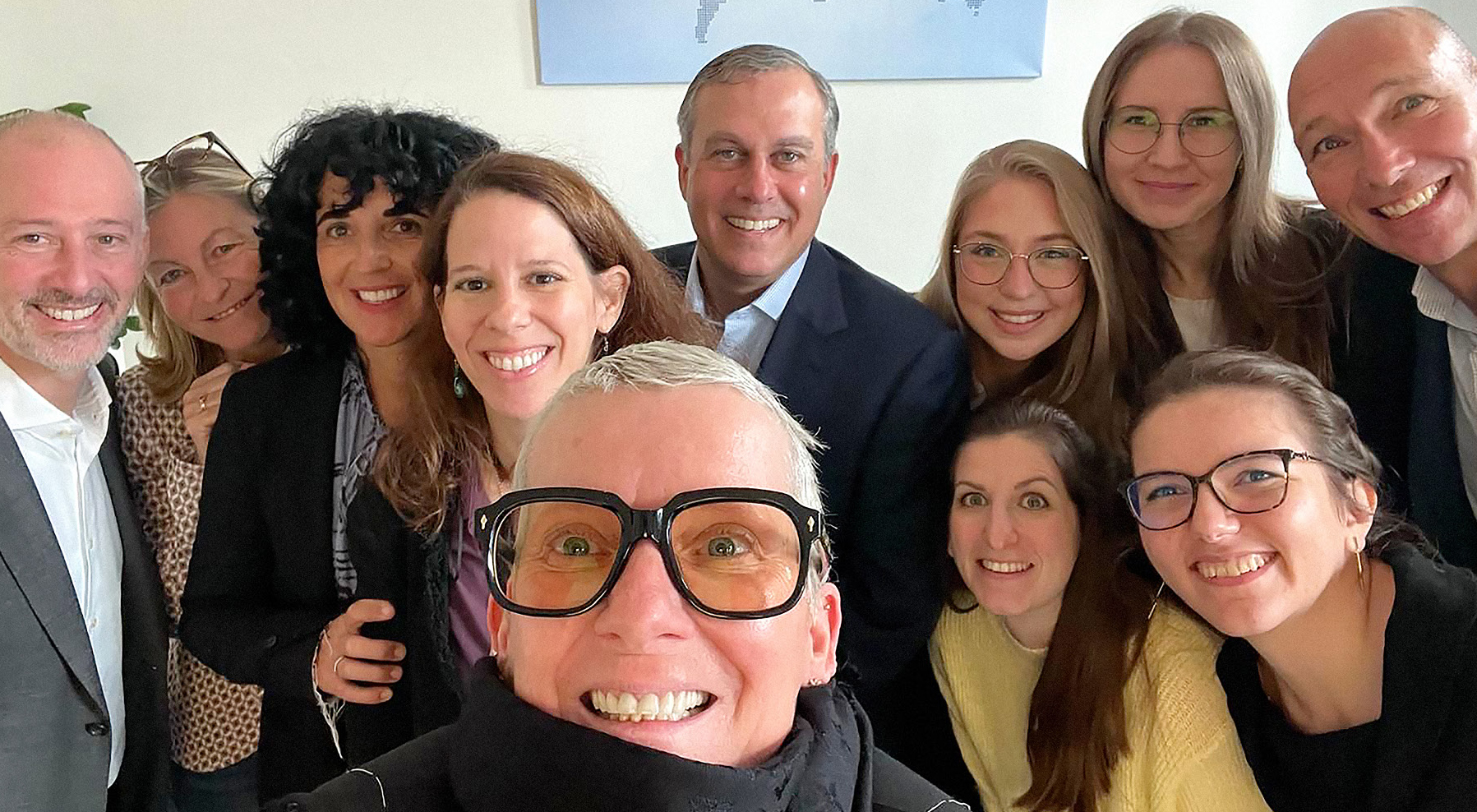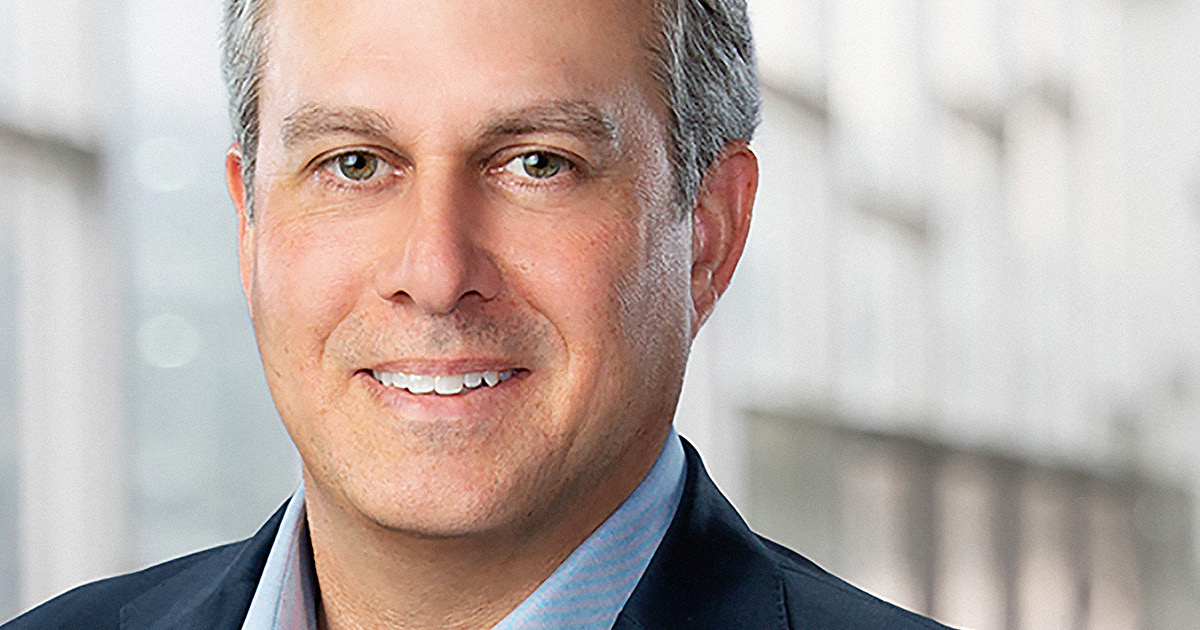When Chad Hesters rolls out military references to describe situations at executive search firm Boyden, he says his team rolls their eyes – but he can’t help it. His formative years were in the United States Navy, which he joined as soon as he finished university.
“I’m the kid that got his dream job right out of school,” Hesters tells The CEO Magazine.
“I had the opportunity to go and work for Naval Intelligence for seven years. I worked around a lot of conflict around the world, most of it in very volatile, dynamic situations, including in the Balkans, North Africa and the Middle East, Afghanistan and Latin America.

“I found it a wonderful opportunity for somebody to go work with very interesting clients on very impactful projects, really high-caliber people in this industry.”
“That experience gave me the opportunity to understand how to pause and look at the world through other people’s eyes, which is sort of a function of the intelligence community. How are other people viewing a particular situation or subject? The best gift I got from that period of my life was the ability to have context for how the rest of the world actually lives and operates.”
Boyden is Hesters’ first CEO role, his career trajectory then influenced by his post-Navy next steps, driven by the desire to be present for his young family.
An MBA in finance landed him an analyst role at Shell, but he then discovered the intriguing world of executive search firms. He joined Boyden in February 2023 and hasn’t looked back since.
“I found it a wonderful opportunity for somebody to go work with very interesting clients on very impactful projects, really high-caliber people in this industry, especially at the level that we work at here at Boyden,” Hesters explains.
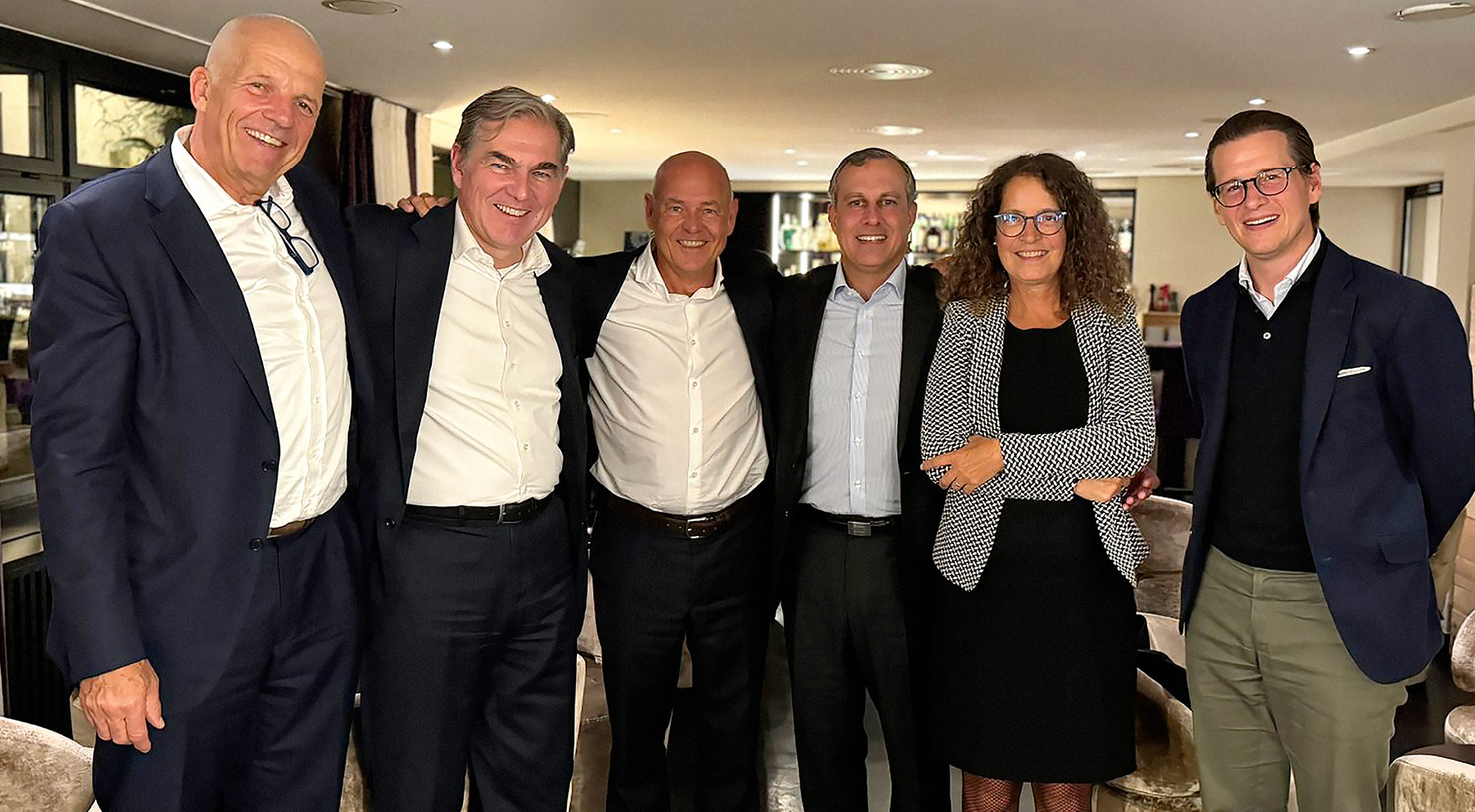
Continuing service
It’s no surprise, given his experience in the military as well as at other firms, that Hesters is a firm believer in servant leadership.
So far, he is thriving in an environment where local market partners can operate independently and a flat structure where information moves quickly so decisions can be simply made. Partners all have Hesters’ cell phone number – and they aren’t afraid to use it regularly.
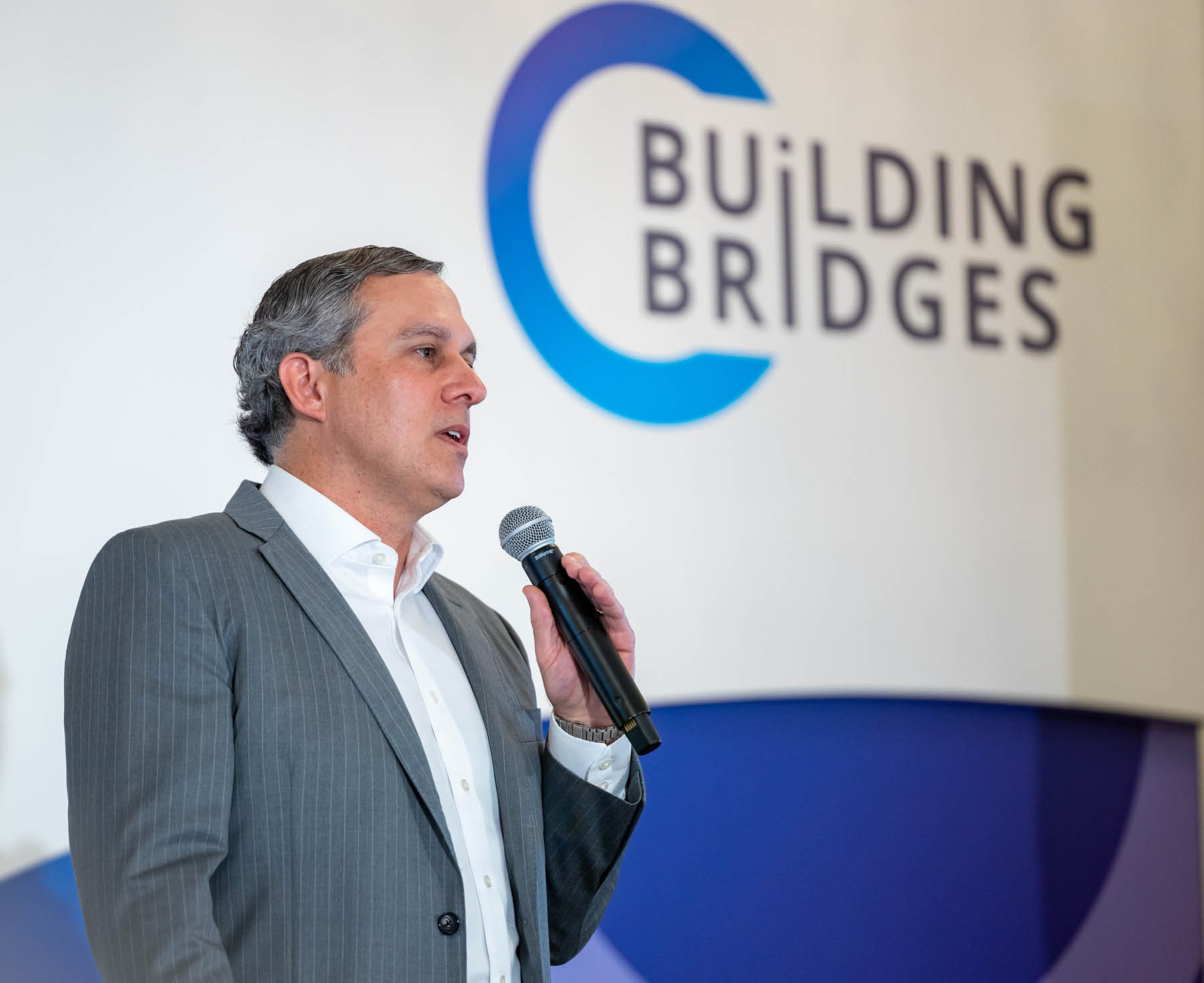
“I don’t know how good at it I am, but I do aspire to be a servant leader.”
“The servant leadership model fundamentally flips the traditional leadership pyramid. In the conventional approach, leaders sit at the top, making decisions that flow downward. In contrast, the servant leadership model places the leader at the bottom, emphasizing their role in supporting and empowering the team,” he explains.
“That leader’s job is to cast vision but also to provide the resources and support to make sure that everybody’s got what they need to be successful and empower the people in the pyramid above them.
“It’s a very profound difference from a traditional corporate leadership model. I don’t know how good at it I am, but I do aspire to be a servant leader.”
Offering autonomy
An example of how Boyden empowers people to be successful is through its private partnership model – its partners across its 75 offices and 45 countries are given the opportunity to draw on their own local and cultural knowledge.
“Now that’s not to say that it’s the Wild West and everybody gets to do what they want,” Hesters acknowledges. “We have strong brand management expectations and strong internal policies that make sure that all of our oars are rowing together in the right direction.
“There’s a very strong cultural orientation that tends to self-reinforce these social norms at the company that says we’re all together. But the big difference is there’s an entrepreneurial and business ownership mindset that exists at a very local level.”
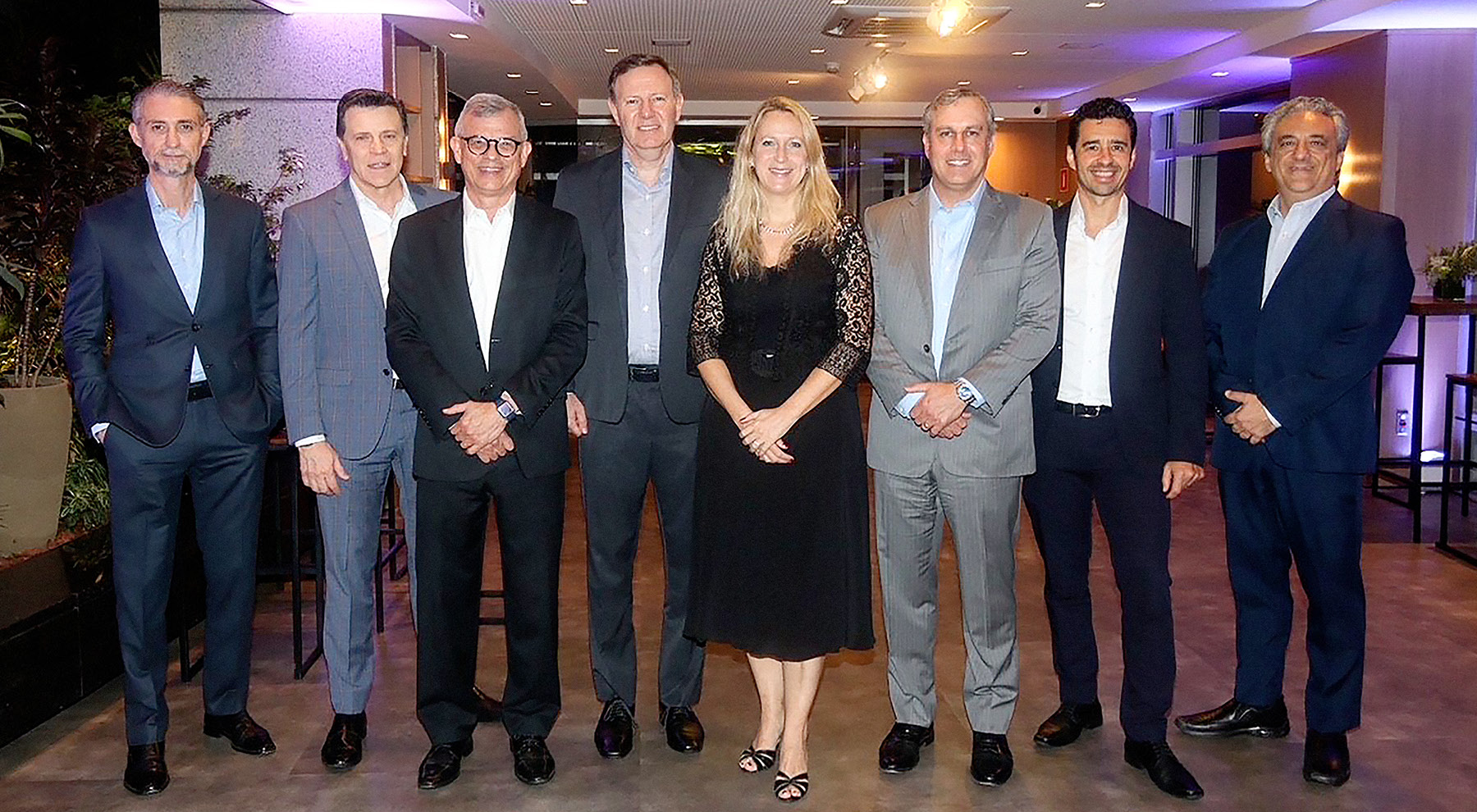
“We have strong brand management expectations and strong internal policies.”
This resonates deeply with clients, Hesters adds, especially as Boyden partners are truly present with them.
“This may be the most important facet of Boyden’s culture. Our partners worldwide, for example, operate with a lot of freedom to serve their clients how they need to, as long as it’s in keeping with our brand and our policies. They wake up every day knowing what it means to run a business.”
And it is this approach that sets the company apart, Hesters believes.
“In the professional services industry, there is a well-worn path where the partner shows up, wins a project with a client and then slides it over to a more junior, maybe less experienced team,” Hesters says.
“What sets us apart from other firms is Boyden’s culture, where our partners take an active role in every aspect of their clients’ business – from start to finish – ensuring the highest level of service.”
And it all starts with servant leadership.
